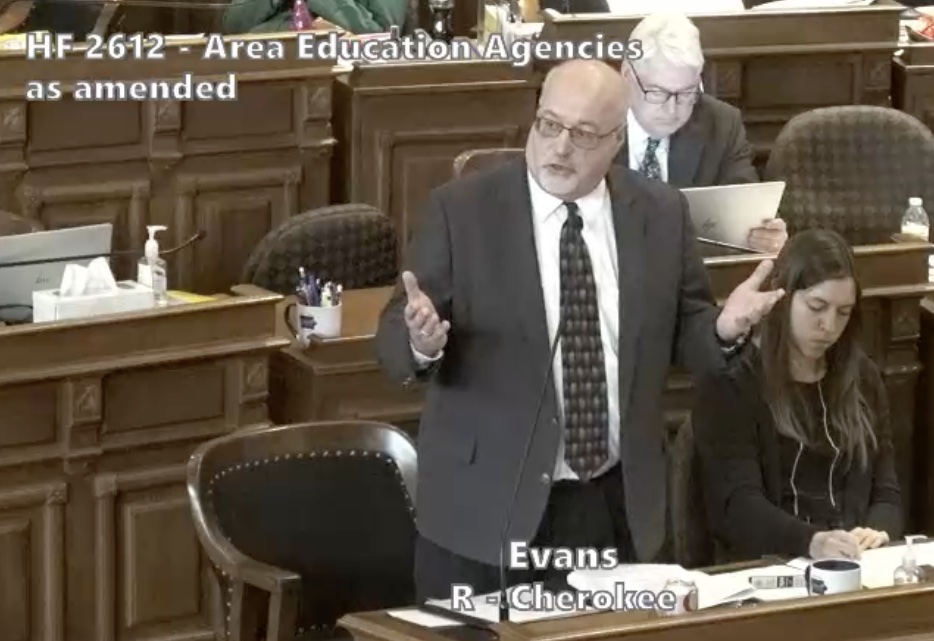
Bill Bumgarner is a retired former health care executive from northwest Iowa who worked in hospital management for 41 years, predominantly in the State of Iowa.
Few presidential election cycles pass without wishful thinking in some quarters that this is the year to elect a third-party candidate to lead the United States.
2024 is one of those years—and the outcome will be the same as in the past. Either a Democrat or a Republican will be elected president in November.
In contemporary times, a third-party candidate has not remotely come close to winning the presidency. In fact, very few have earned a single electoral vote toward the magic number of 270.
Continue Reading...



















